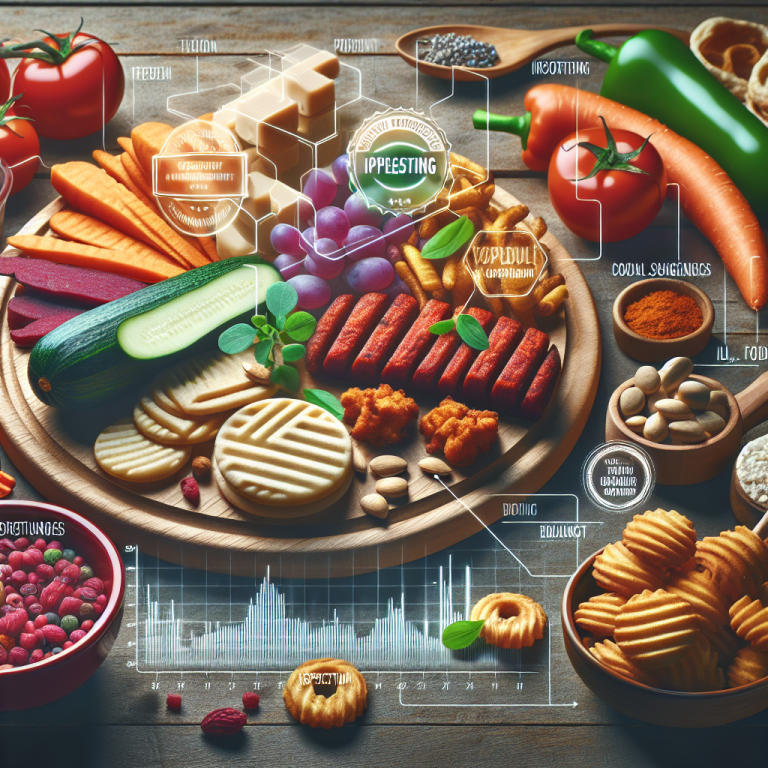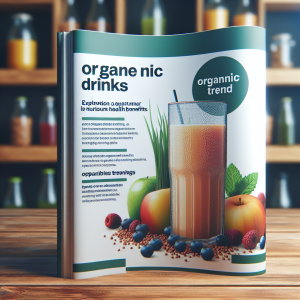The Vegetarian Food Industry is no longer a new concept; it has become a global consumption trend. The demand for vegetarian food is increasingly rising, targeting not only vegetarians but also health-conscious consumers who care about the environment. In this article, we will analyze the growth of the vegetarian food industry, from the driving factors to the opportunities and challenges faced by this market.
Overview of the Vegetarian Food Industry
The vegetarian food industry began in the 1970s but has received significant attention in recent years. The history of this industry is rich, with numerous diverse products catering to consumer needs. The vegetarian food sector is currently experiencing strong growth, with the global market size estimated to reach billions of USD. Products in this industry are classified into various forms such as ready-to-eat vegetarian foods, fresh vegetarian foods, and packaged vegetarian foods.
Growth Drivers of the Vegetarian Food Market
Factors driving the growth of the vegetarian food industry include the trend of vegetarianism, the increasing middle class, and strong media campaigns from social networks. Furthermore, the growing awareness of health, environment, and ethics has contributed to consumer-driven momentum. Research shows that up to 70% of consumers choose vegetarianism for health reasons. The technology behind vegetarian food production has also advanced significantly, improving product quality and reducing costs.
Market Segmentation of Vegetarian Foods
The vegetarian food market can be segmented into different categories, including pure vegetarian (Vegan), vegetarian foods for dieters, organic vegetarian foods, and ready-to-eat vegetarian foods. Each segment has its own characteristics and demands, creating opportunities for businesses to enter and grow.
Key Players in the Vegetarian Food Industry
There are several leading companies in the vegetarian food industry that are increasingly establishing their positions. These companies are not only known for their quality products but also for their intelligent business strategies. For example, a major player in the industry has successfully used social media as a distribution and marketing channel, bringing their products closer to consumers.
Opportunities and Challenges for Vegetarian Food Businesses
When participating in the vegetarian food industry, businesses will encounter many market expansion opportunities but also face challenges regarding intense competition, the supply of raw materials, and difficult legal regulations for food products. Recognizing consumer trends and demands will be a deciding factor in their success.
The Hottest Vegetarian Food Trends Today
Vegetarian products are more diverse than ever. Current standout trends include high-protein vegetarian foods, plant-based foods, and sustainable vegetarian foods. Additionally, vegetarian products with the healthy label that are health-friendly and support the immune system are also favored by many consumers.
Future Predictions for the Vegetarian Food Industry
Based on current trends, the vegetarian food industry is predicted to have strong growth potential in the next 5-10 years. The future of the industry will be shaped by changes in consumer preferences and demands, the impact of technology, along with innovations in production and distribution processes.
Overall, the vegetarian food industry not only creates economic opportunities but also protects human health and the environment. The ability of businesses to embrace challenges and exploit market opportunities will determine their survival and sustainable growth in the future.
Contact us today for tailored consultation!
Intage Vietnam: Your trusted partner for comprehensive and effective market research solutions.
📞 (+8428) 3820 5558
🌐 https://intage.com.vn/
🏢 45 Vo Thi Sau, Da Kao Ward, District 1, Ho Chi Minh City, Vietnam





